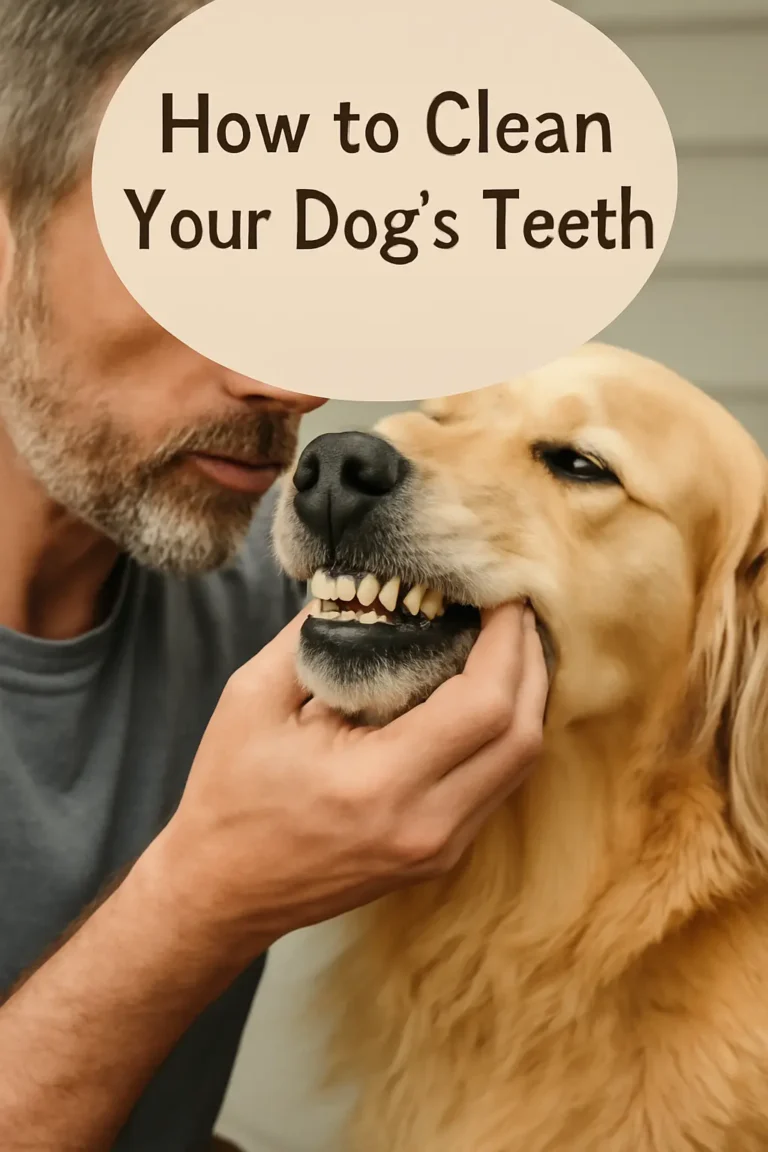🐶 Dog Ear Infection: Signs, Causes & How to Help Your Pup Feel Better

There’s nothing worse than seeing your sweet pup uncomfortable — constantly scratching their ear, shaking their head, or whimpering when touched. 😢 If you’re noticing any of these signs, it might be a dog ear infection — and yes, they’re more common than many pet parents realize.
The good news? With the right knowledge and a little TLC, you can help your dog heal quickly and prevent it from happening again.
Let’s walk through the signs, causes, treatments, and tips to protect your pup’s ears — because a healthy dog is a happy dog. 🐾
👂 What Is a Dog Ear Infection?
A dog ear infection happens when bacteria, yeast, or even mites cause inflammation inside your dog’s ear canal. Dogs with floppy ears, allergies, or a love for swimming are more prone to these infections.
Ear infections can affect:
- The outer ear (most common)
- The middle ear
- The inner ear (more serious)
Acting early is key to preventing complications or chronic issues.

🐾 Common Signs of a Dog Ear Infection
Your dog can’t tell you what’s wrong, but their behavior speaks volumes. Watch for:
- Constant head shaking
- Scratching at the ears
- Redness or swelling inside the ear
- Strong odor (yeasty or sour)
- Dark discharge (brown, yellow, or black)
- Sensitivity or pain when touched
- Loss of balance or tilting the head (if severe)
🧬 What Causes Dog Ear Infections?
There are several reasons your dog might develop an ear infection:
- Allergies (food or environmental)
- Moisture trapped in the ears (swimming or bathing)
- Excess ear wax
- Mites or parasites
- Foreign bodies (grass, dirt)
- Underlying health conditions (like hypothyroidism)
Floppy-eared breeds (like Cocker Spaniels and Basset Hounds) are especially vulnerable because less air circulates through their ear canals.

🩺 How to Treat a Dog Ear Infection
If you suspect an infection, visit your vet ASAP. They may prescribe:
- Ear-cleaning solutions
- Antibiotic or antifungal ear drops
- Oral medications for severe or inner ear infections
Never use human ear products or medications on your dog without veterinary guidance — some ingredients can be toxic.
🧼 Preventing Dog Ear Infections
A little routine care goes a long way. Here’s how to protect your pup’s ears:
- Dry ears after baths or swimming
- Clean regularly with a vet-approved ear cleaner
- Check weekly for redness, odor, or wax
- Trim ear hair if needed (ask a groomer or vet)
- Manage allergies and diet to reduce flare-ups
Make ear care part of your grooming routine — gentle, loving, and stress-free.

🙋♀️ FAQs: Dog Ear Infection
Q1: Can a dog ear infection go away on its own?
A: No. Most ear infections require medical treatment to fully resolve. Left untreated, they can worsen or lead to permanent hearing damage.
Q2: Can I use home remedies for a mild infection?
A: While natural options like apple cider vinegar are popular online, they can irritate already inflamed ears. Always consult your vet before trying anything at home.
Q3: How long does it take to heal a dog ear infection?
A: With proper treatment, mild cases usually clear in 7–14 days. Chronic or severe infections may take longer and need follow-ups.
Q4: Is ear infection pain severe for dogs?
A: Yes — it can be quite painful. If your dog cries, flinches, or avoids touch, see your vet immediately for relief.
💛 Final Thoughts: Ears Deserve Extra Love
Your dog’s ears are sensitive, expressive, and often overlooked until something goes wrong. A dog ear infection can be uncomfortable and scary — but with fast action, proper care, and lots of love, your pup will be back to tail-wagging in no time.
Listen closely to the signs. Keep their ears clean. And always, always trust your instincts — because nobody knows your dog like you do. 🐶💛






